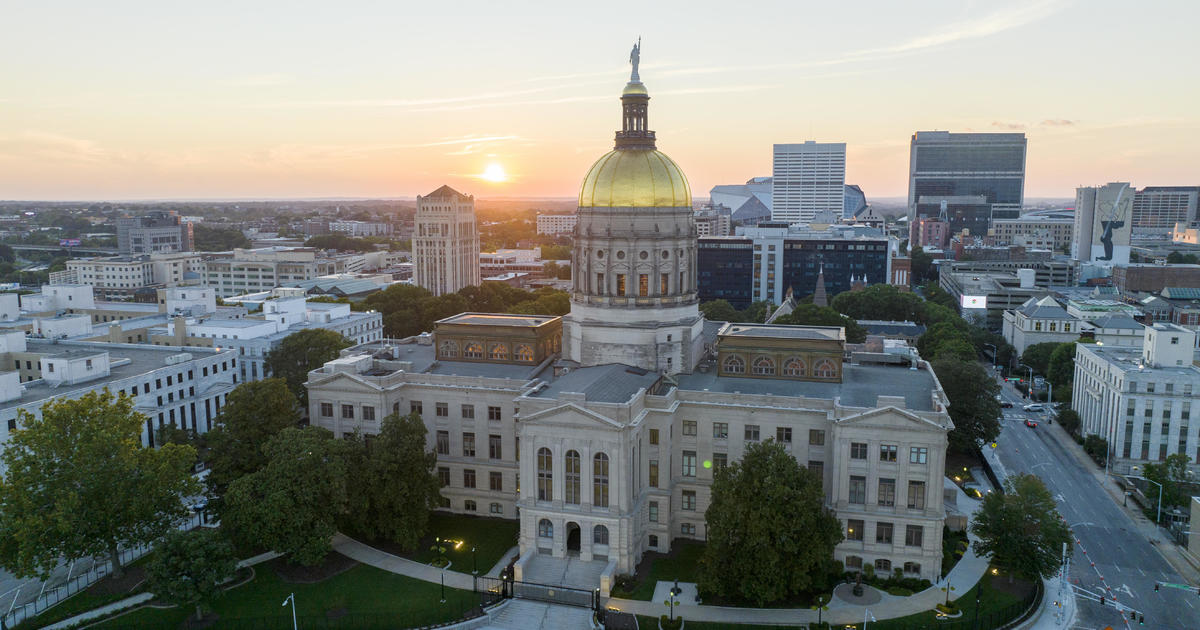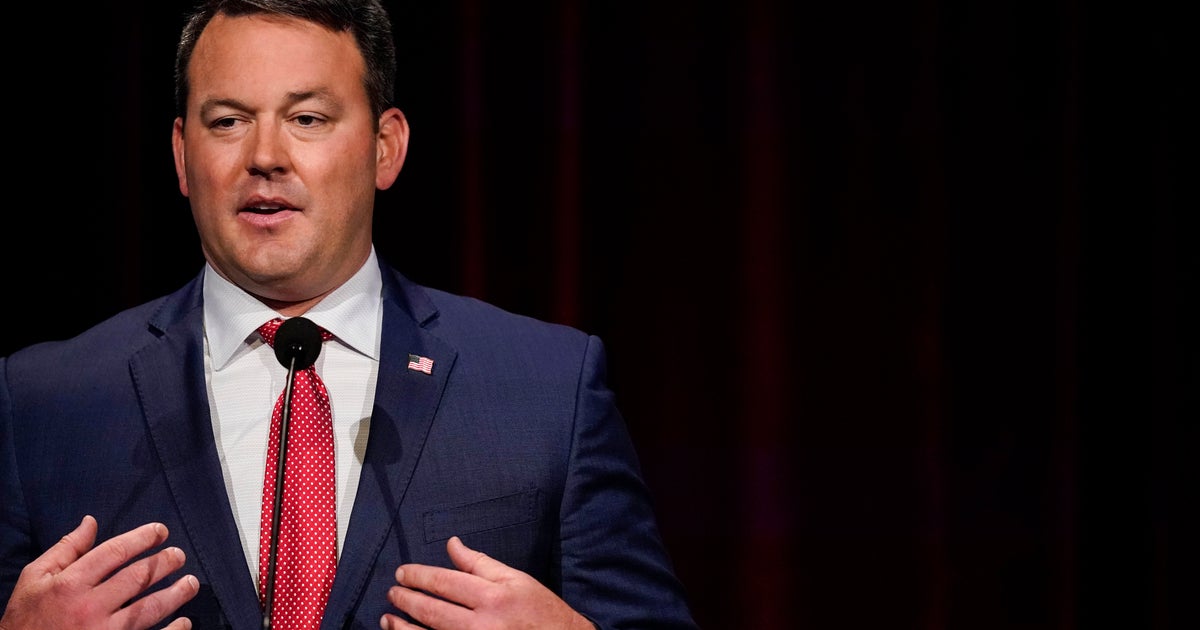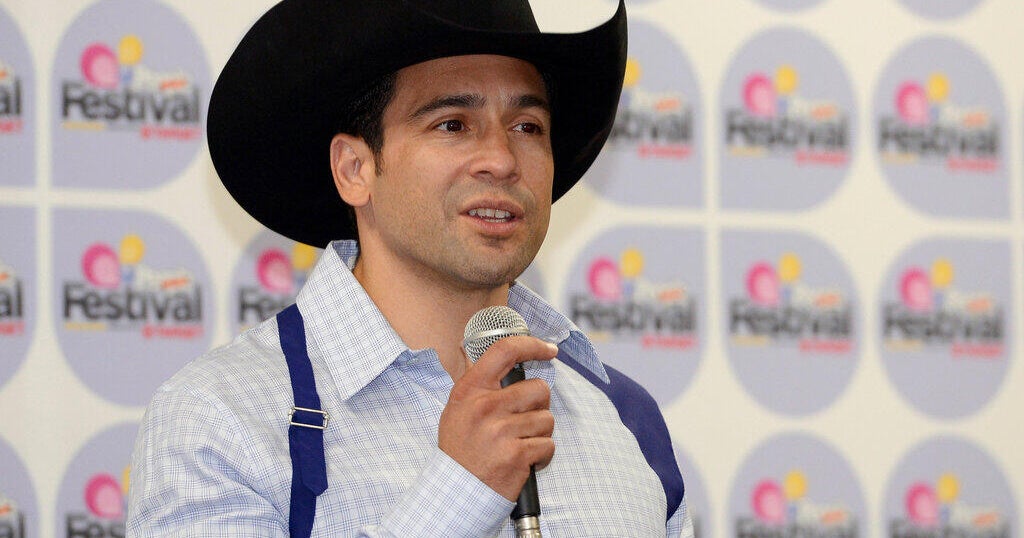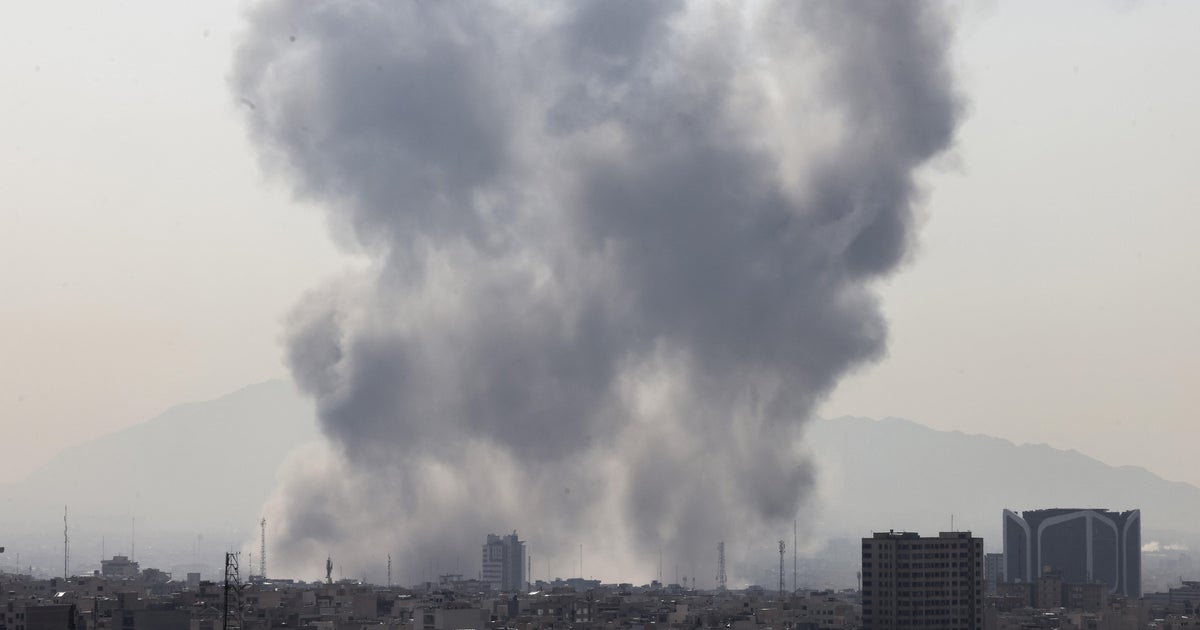On 9/11 Anniversary, Politics Take Backseat
(CBS/AP) WASHINGTON - It could be the only day before Nov. 6 without explicit partisan rancor.
Both President Barack Obama and Republican challenger Mitt Romney plan to take down their negative ads in honor of the 11th anniversary of the 9/11 terrorist attacks. Neither planned to appear at overtly political events, although Election Day is never far from their agendas.
Obama has scheduled a moment of silence at the White House and a trip to the Pentagon, the target of one of four planes al Qaeda hijacked 11 years ago. Romney, meanwhile, is set to address the National Guard, whose members deployed as part of the U.S. response to the attacks.
"On this most somber day, those who would attack us should know that we are united, one nation under God, in our determination to stop them and to stand tall for peace and freedom at home and across the world," Romney said in a statement released before his speech. "Today we again extend our most profound gratitude to our brave troops who have gone into battle, some never to return, so that we may live in peace."
Vice President Joe Biden is expected to attend a memorial service at Shanksville, Pa., where one of the hijacked airliners crashed. Biden grew up in Scranton, Pa.
Romney's running mate, Rep. Paul Ryan of Wisconsin, plans to spend the day in his home state and hasn't scheduled any public events. Ryan said in his own statement that Sept. 11 is a time to pay tribute to those who quietly work to prevent attacks and to those in the military "who have sacrificed so much, including their lives, for the same end."
Politics, however, will not be completely absent from the day. On behalf of the Obama campaign, former President Bill Clinton is set to attend an evening rally at Florida International University in Miami.
On Capitol Hill, politics are likely to be infused into the day when House Speaker John Boehner, R-Ohio, speaks to reporters after a closed-door meeting with his Republican colleagues - a meeting where members often plot strategy and messaging.
Just an hour later, Boehner and his Democratic and Republican counterparts in the House and the Senate will hold a remembrance ceremony outside the U.S. Capitol.
At the White House on Monday, spokesman Jay Carney said Obama planned to remember those who lost their lives in 2001 and those who served in the two wars that followed.
"He certainly hopes and knows that Americans across the country will take a moment to reflect upon the events of Sept. 11, 2001, and all that our country has been through together since then," Carney said. "And especially, I think, take that moment to remember the victims and their families from that terrible event."
9/11 Eleven Years Later
The attack killed almost 3,000 in the United States and was followed by wars in Afghanistan and Iraq. At least 1,987 U.S. troops have died in the Afghanistan war and 4,475 in Iraq, according to the Pentagon.
Perhaps the most obvious signal that the presidential campaign is on hold is that negative ads will be taken off the air, following precedent.
Obama and his allies have spent $188 million on TV commercials, according to information from media buyers provided to The Associated Press. Romney and the independent groups backing him have spent $245 million on ads through the end of August.
Polls show Obama leading Romney on terrorism and national security issues, but both are a low priority for voters in an election dominated by the economy. A CBS News/New York Times poll conducted in July found 37 percent of voters called terrorism and security extremely important to their vote, while 54 percent said the economy and jobs were that important.
Obama's campaign says it still sees an opportunity to focus on national security and terrorism in the final weeks of the campaign. National security issues resonate particularly well in battleground states with large military and veteran populations, namely Virginia, North Carolina and Florida. The Obama campaign has been running TV ads in those states focused on the president's policies for veterans, and Obama surrogates have held national security-focused events there as well.
In 2004, the first presidential election after the 9/11 attacks, about two-thirds of voters said protecting the country was more important than creating jobs when deciding their vote for president, according to an AP-Ipsos poll conducted shortly before the election. President George W. Bush defeated Democratic challenger John Kerry in large part by convincing voters that he was the best candidate to keep the country safe.
That role now falls to incumbent Obama, who accepted nomination for a second term at a Democratic convention that reminded voters at every turn that U.S. forces killed al Qaeda leader Osama bin Laden on Obama's watch.
The post-9/11 wars continue to have political implications. Romney did not mention Afghanistan in his speech accepting the GOP's presidential nomination. While he had spoken about the war a day earlier to the American Legion, his critics were quick to point out that he had not mentioned the ongoing conflict and the troops fighting in it.
Romney provided another opening when he defended the omission by telling NBC's "Meet the Press": "I have some differences on policy with the president. ... I happen to think those are more important than what word I mention in each speech."
Former Rep. Patrick Murphy, D-Pa., told MSNBC on Monday: "We know that there's 68,000 sons and daughter of American families that are fighting for us in Afghanistan. That's not important to Mitt Romney?"







